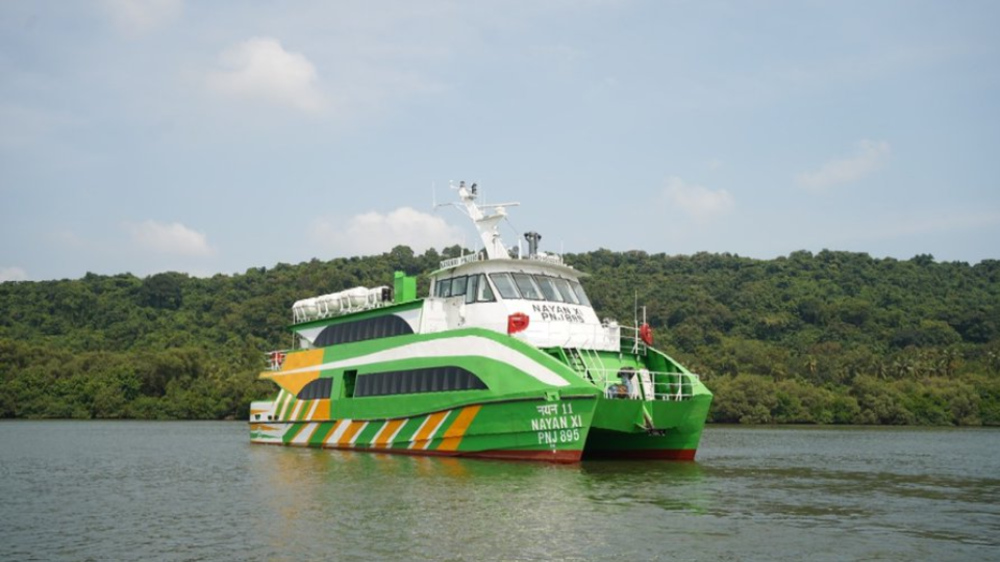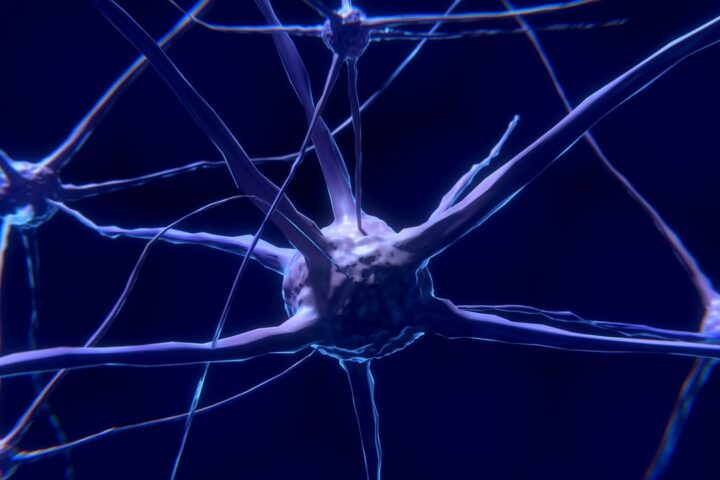Mumbai, a bustling metropolis known for its dynamic transport systems, is gearing up to embrace a new, eco-friendly mode of transportation: electric water taxis. These taxis, set to hit the waters in December 2024, represent a significant shift towards sustainable urban mobility, aligning with global environmental goals and providing a greener alternative to traditional commuting methods.
The Electric Water Taxi Initiative: A Dive into the Details
Infinity Harbour Service, a private water taxi operator, is at the forefront of this initiative. They have invested in four electric boats, each costing about ₹2.5 crore. The spotlight is on the two 24-seater taxis, currently undergoing trials in Goa, and the two 6-seater taxis being tested in Kochi. These water taxis boast a speed of up to 12 nautical miles and can cover the distance between South Mumbai’s Gateway of India and Belapur in Navi Mumbai in just an hour.
This is not just about speed and efficiency. The environmental implications are profound. These electric taxis can operate for up to four hours on a single charge, presenting a stark contrast to traditional diesel taxis that guzzle 140 liters of fuel per hour. By reducing fuel consumption, these taxis contribute significantly to lowering carbon emissions, a critical factor in combating urban air pollution and climate change.
Operational Dynamics and Commuter Benefits
The introduction of these taxis isn’t just a nod to environmental consciousness but also a boon for commuters. The journey between South Mumbai and Navi Mumbai, often a test of patience on congested roads, will now be a scenic, one-hour ride. This not only saves time but also offers a stress-free alternative to the daily grind of traffic jams.
Furthermore, these taxis will run on specific routes, including Belapur to Elephanta Caves and Mandwa Alibaug, with the potential to expand services based on demand. The initial response on these routes, especially during weekends, indicates a positive reception from the public, with each trip accommodating 15-20 passengers.
Similar Posts
Health and Environmental Implications
From a health science perspective, the shift to electric water taxis is a significant stride in urban health improvement. By reducing reliance on diesel-fueled boats, there’s a notable decrease in air pollutants, directly impacting respiratory health. Urban areas, plagued by pollution, can thus witness a reduction in pollution-related health issues like asthma and other respiratory ailments.
Moreover, the calming effect of water-based travel cannot be overstated. The mental health benefits of a serene commute, away from the cacophony of city traffic, contribute to overall well-being. This aspect aligns with the growing recognition of mental health as an essential component of urban living.
Looking Ahead: The Future of Urban Transport
This initiative by Infinity Harbour Service is a glimpse into the future of urban transport—a future that prioritizes sustainability, efficiency, and health. As cities worldwide grapple with the challenges of pollution and traffic congestion, solutions like electric water taxis offer a blueprint for a cleaner, healthier urban environment.
The introduction of electric water taxis in Mumbai is not just an addition to the city’s transport options but a significant step towards a sustainable, health-conscious future. It exemplifies how innovation and environmental awareness can transform urban mobility, making it not only efficient but also beneficial for the planet and its inhabitants.


















